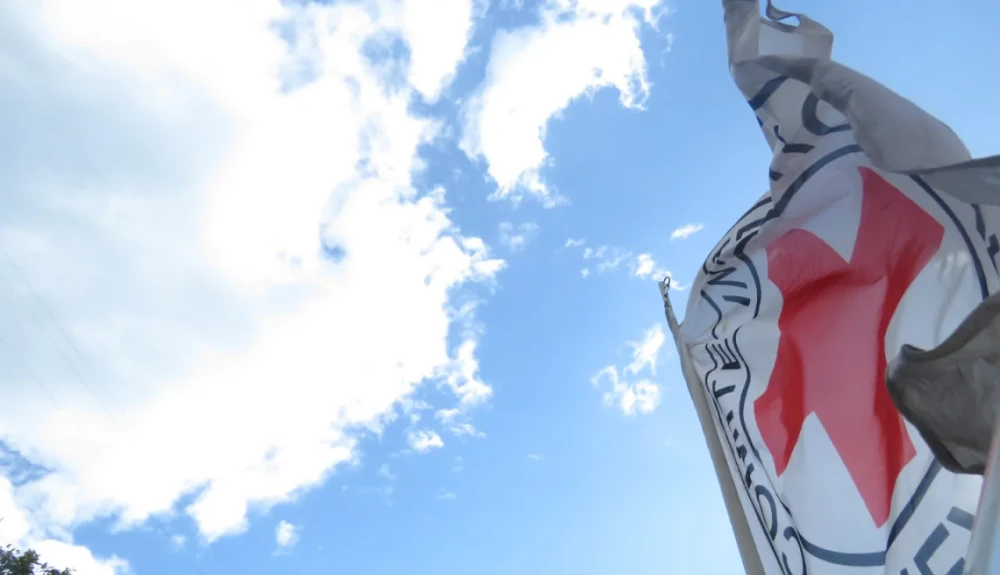
Israel and the occupied territories: Obliteration of health-care system in northern Gaza puts civilians at grave risk
Geneva (ICRC) – Repeated hostilities in and around hospitals have obliterated the health-care system in northern Gaza, putting civilians at an unacceptably grave risk of going without life-saving care.
The International Committee of the Red Cross (ICRC) reiterates its urgent call for the respect and protection of medical facilities in line with international humanitarian law. This protection is a legal obligation and a moral imperative to preserve human life.
Hospitals are a lifeline for those wounded or sick in conflict. Al-Awda Hospital – previously supported by the ICRC with supplies – is now absorbing more pressure as one of the few functioning medical facilities in northern Gaza. The Kamal Adwan and Indonesian hospitals are now completely inoperable. For months, these medical facilities have struggled to provide care for patients as ongoing hostilities have damaged hospitals and endangered or harmed staff, patients, and civilians.
No patient can expect their medical needs to be fully met today. The influx of patients, caregivers, and displaced civilians seeking shelter creates a situation that medical personnel cannot solve. The increasingly dangerous situation comes in addition to more than a year of insufficient provision of medical equipment and supplies, fuel, food, and specialized health-care capacities.
The ICRC remains committed to supporting health-care services wherever possible, which includes doing what we can to ensure the protection of the medical responders and civilian access to health care, as well as facilitating movements of medical personnel and equipment.
About the ICRC
The International Committee of the Red Cross (ICRC) is a neutral, impartial and independent organization with an exclusively humanitarian mandate that stems from the Geneva Conventions of 1949. It helps people around the world affected by armed conflict and other violence, doing everything it can to protect their lives and dignity and to relieve their suffering, often alongside its Red Cross and Red Crescent partners.
For more information, please contact:
Sarah Davies, ICRC Jerusalem, +97252 601 9150, sadavies@icrc.org
Hisham Mhanna, ICRC Gaza, +972 594205 057, hmhanna@icrc.org
Similar Stories
1
4
1
1
ILO report shows rising inequality, stagnant labor income, and youth unemployment ahead of 2030 SDGs.
1
1
1
ILO's new report highlights social protection's role in addressing climate change impacts.
1
1
ICRC and SMG co-hosted a workshop in Shanghai on crisis reporting and digital misinformation.
1
1
ICRC and Al-Azhar discussed the alignment of IHL with Islamic Sharia in Cairo.
1
1
The event in Fortaleza covered operations in such fields as health, education, social work, youth and human rights.
1
1
ICRC transferred 7.3M Swiss francs to NSIA for sustainable humanitarian aid.
1
1
The following is a statement attributable to Stephan Sakalian, head of the delegation of the International Committee of the Red Cross (ICRC) in Syria.
1
1
IHL Regional Arabic Course concluded in Egypt, enhancing IHL understanding among Arab officials.


